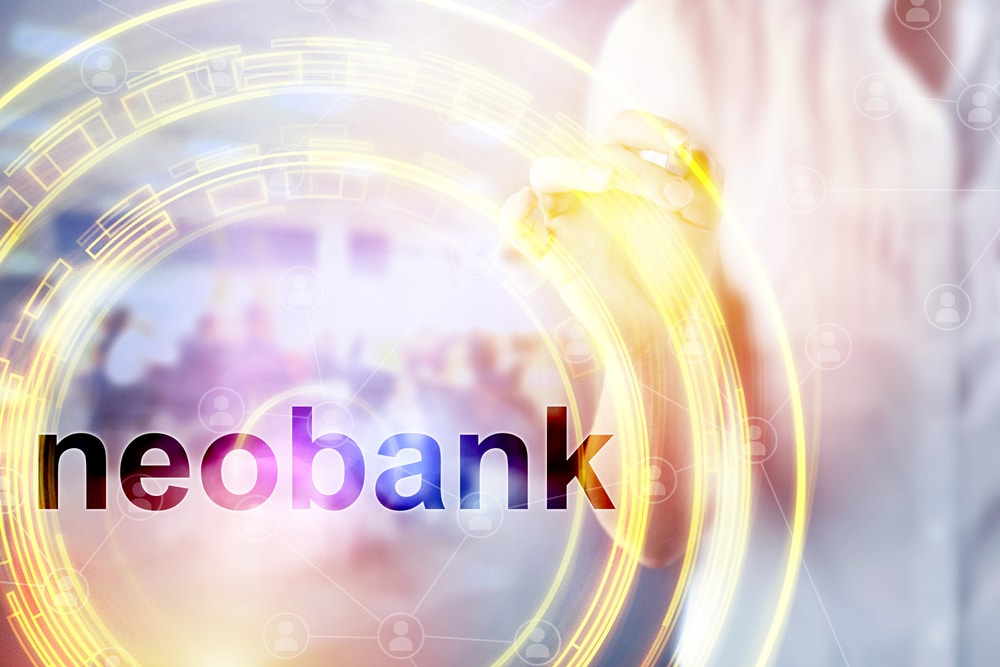Neobanking is a form of branch less banking that is only present online. Since it has no physical premises whatsoever, many believe that it could potentially be the model most banks will adopt in the future.
There is a huge possibility that the rapid emergence and adoption of neobanking could spell the end for standard brick and mortar banks. Continue reading to learn more about what this form of banking offers.
What Makes Neobanks Different from Standard Banks
As mentioned earlier, neobanks exclusively operate online. Customers access and communicate with these banks using online platforms and applications, which proves to be a massive convenience for those with busy schedules. Currently, there are two main neobank types, including front and full stack neobanks.
How do Full Stack Neobanks Work?
Unlike regular banks, full stack neobanks have a separate license, which means that they are free to operate independently. On the other hand, front end neobanks do not have their very own license. This allows them to collaborate with other institutions to conduct different operations.
What Makes Neobanks Stand Out from Open Banking?
Both neobanks and open banking are modern concepts and that is where their similarities end. The former intends to offer users every banking service they may seek. This may include things like setting up or closing accounts, conducting transactions in different parts of the world, balancing data and whatnot.
As far as open banking goes, its involvement is limited to just one part of the banking cycle, which is balancing data and retrieving transactions. It wouldn’t be a far stretch to say that neobanks offer more utility than open banks. That said, open banking, at its core is a financial service instead of being a full-fledged bank.
Difference Between Neobanks and Challenger Banks
The origins of challenger banks date back to the 2007, when the UK was experiencing a financial crisis. Fintech companies created these banks with the goal of providing a customer centric alternative to traditional banks. In most cases, challenger banks operate online but this isn’t exclusive.
Neobanks, on the other hand, operate exclusively online. It is also worth mentioning here that you can get complete banking solutions from challenger banks, as they are fully licensed.
That is not the case with neobanks, as they collaborate with different financial institutions to provide certain banking services.
Final Thoughts
Deciding which banking option to choose ultimately depends on your requirements. So, before creating an account with any institution, it would be advisable to consider your use case and make the final decision. Otherwise, you may end up with the wrong option, which could cause you to face plenty of hurdles.
